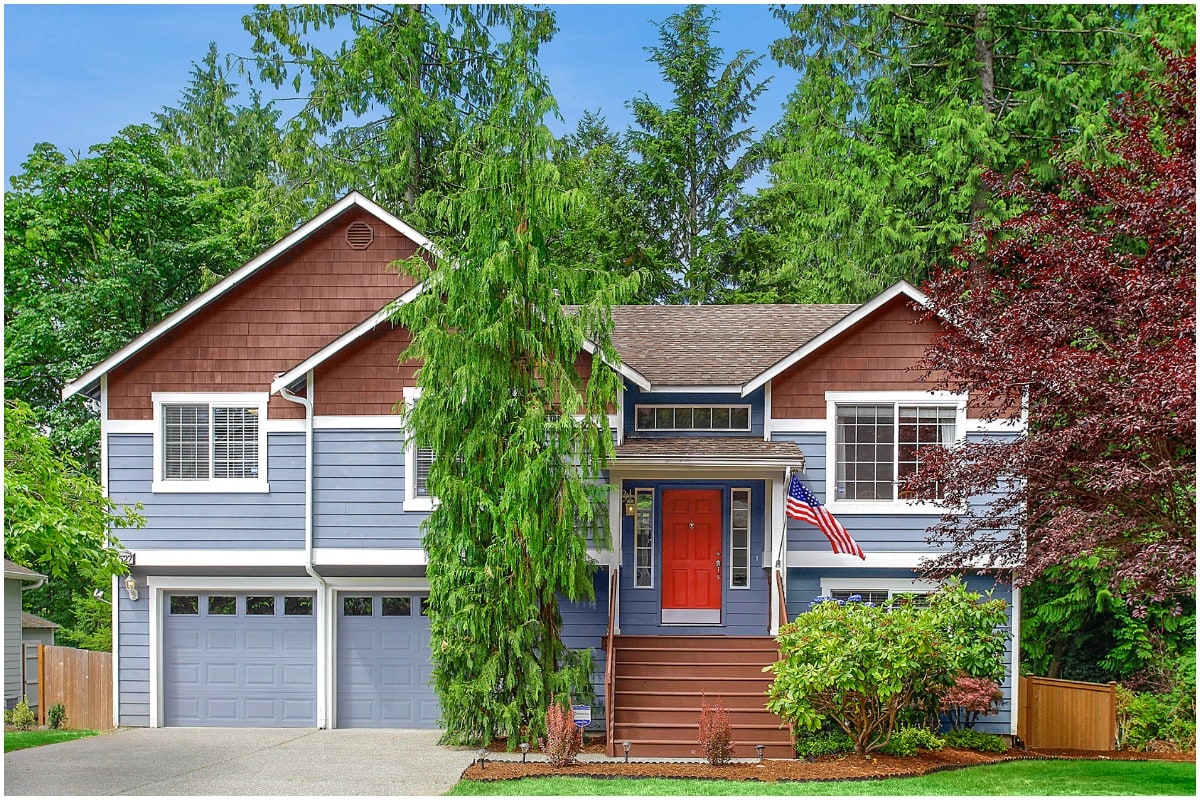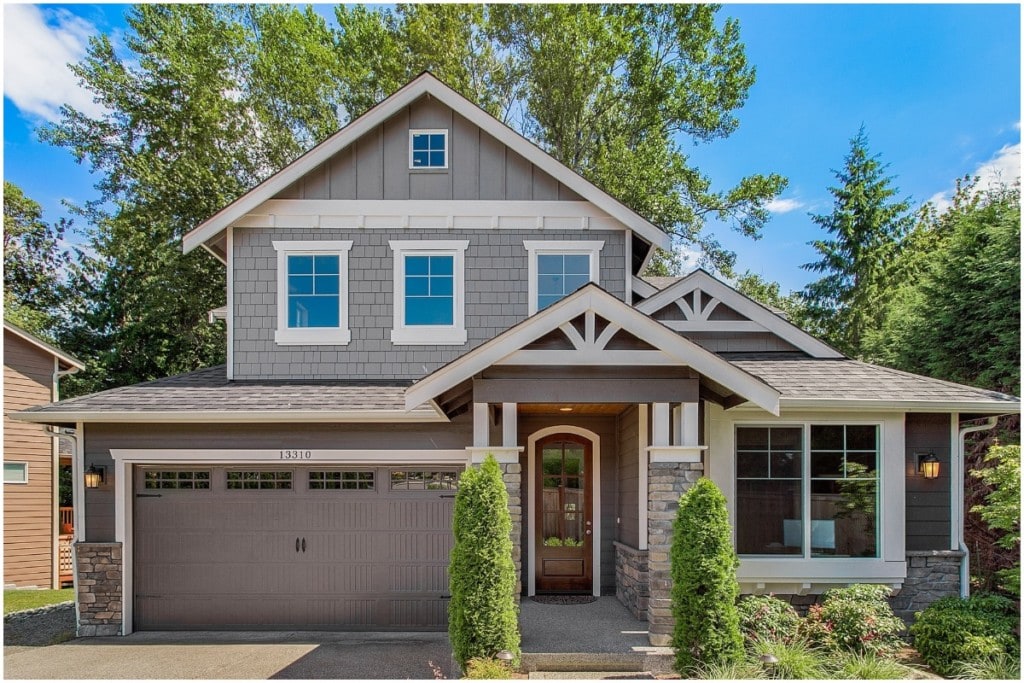Are you a veteran first-time homebuyer looking to navigate the process of purchasing a home? As a military veteran, understanding the benefits and intricacies of VA loans is essential to make informed decisions and maximize your advantages in the home buying journey. In this comprehensive guide, we will provide valuable tips for veterans, exploring topics such as VA loan benefits, eligibility requirements, navigating closing costs, exploring alternative lending options, and more. Whether you’re buying a home in Denver, CO or a house in Nashville, TN – by equipping yourself with knowledge and leveraging available resources, you can confidently pave your path to homeownership.

1. Understand your VA loan benefits
As a veteran first-time homebuyer, understanding the benefits of VA loans is essential for navigating the path to homeownership. VA loans, backed by the U.S. Department of Veterans Affairs (VA), offer a range of advantages specifically designed to support veterans in their quest to purchase a home. Let’s learn more about all the advantages of a VA loan.
Benefits of VA loans
No down payment requirement:
- One of the most significant benefits of VA loans is that they typically do not require a down payment. This feature sets them apart from many other mortgage options.
- Saving for a large down payment can be a challenge, and with a VA loan, veterans can finance up to 100% of the home’s purchase price.
Competitive interest rates:
- VA loans often offer competitive interest rates, which can result in significant savings over the life of the loan.
- Lower interest rates can help veterans afford more home or reduce monthly mortgage payments.
No Private Mortgage Insurance (PMI):
- Unlike conventional loans, VA loans do not require private mortgage insurance (PMI). PMI is an additional cost that borrowers typically have to pay when making a small down payment.
- By eliminating the need for PMI, veterans can save money on their monthly mortgage payments.
Lenient credit requirements:
- VA loans generally have more flexible credit requirements compared to conventional loans.
- The VA loan program takes into account the unique circumstances of military service, making it easier for veterans with less-than-perfect credit to qualify for a mortgage.
Ability to finance funding fee:
- VA loans do require a funding fee, which is a one-time payment to the VA. However, this fee can be financed into the loan amount rather than paid upfront, reducing immediate out-of-pocket expenses.
Assumption and streamline refinance options:
- VA loans offer the option for assumable mortgages, meaning that if the homeowner decides to sell, the buyer can take over the existing VA loan.
- Additionally, veterans with an existing VA loan may be eligible for a streamline refinance, allowing them to refinance their loan with minimal paperwork and lower costs.
Get pre-approved and secure your dream home
Get pre-approved and secure your dream home
Work with a lender to find the right loan for the home you love.
2. Understand the requirements to get a VA loan
Get pre-approved and secure your dream home
Navigating the requirements for a VA loan is a crucial step for veterans seeking to purchase a home. VA loans offer numerous benefits, however, understanding and meeting the specific criteria set by the U.S. Department of Veterans Affairs (VA) is essential for a successful loan application. Here’s what you need to know about the requirement of a VA loan.
Eligibility:
- You can verify your eligibility for a VA loan by meeting the specific service requirements, such as minimum active-duty service days or length of service during wartime or peacetime.
- You will need to obtain a Certificate of Eligibility (COE) from the VA to demonstrate your eligibility to lenders.
Income and employment:
- You will need to demonstrate a stable and sufficient income to afford the mortgage payments.
- You’ll be asked to provide documentation such as pay stubs, W-2 forms, and tax returns to verify your income.
- If you’re self-employed, you’ll need to provide additional documentation, including profit and loss statements and business tax returns.
Credit score:
- To qualify for a VA loan, you’ll need to maintain a satisfactory credit score, although specific requirements may vary between lenders.
- Aim for a credit score of 580 or higher to increase your chances of approval.
- Review your credit report and address any errors or discrepancies before applying for the loan. You can get one free copy of your credit report every 12 months at AnnualCreditReport.com.
Debt-to-Income Ratio (DTI):
- You can calculate your debt-to-income ratio by comparing your monthly debts (including housing expenses) to your gross monthly income.
- Aim for a DTI ratio of 40% or less, although some lenders may accept higher ratios in certain circumstances.
Property requirements:
- Ensure the property you intend to purchase meets the VA’s minimum property requirements (MPRs).
- MPRs focus on factors such as the property’s condition, safety, and habitability.
- Conduct a thorough inspection to identify any issues that may affect the property’s eligibility for a VA loan.
Funding fee:
- You should be prepared for the VA funding fee, which is a one-time payment required by the VA.
- The fee percentage varies depending on factors such as the type of military service and down payment amount.
- Determine whether you can pay the funding fee upfront or include it in the loan amount.
Loan limits:
- Familiarize yourself with the VA loan limits set by the VA and specific to your location.
- Ensure that the purchase price of the property falls within the allowable loan limits to qualify for a VA loan.
Preapproval and documentation:
- Get preapproved for a VA loan to determine the loan amount you qualify for before house hunting.
- Prepare necessary documentation such as bank statements, identification documents, and employment verification records.
“A VA loan is not limited to first-time homebuyers, and you can utilize VA loan benefits multiple times as long as you meet the qualifications,” informs Kevin Gray from First Community Mortgage. “However, it is important to note that the VA loan must be used for the purchase of a primary residence and cannot be used for vacation homes or investment properties.
Buying a home for the first time can be overwhelming. Fortunately, as a service member or veteran, you can leverage your military housing benefits, such as the Basic Allowance for Housing (BAH), and apply for a VA loan. By meeting the requirements for a home loan backed by the Department of Veterans Affairs, you can secure a mortgage with more favorable terms.”.
Remember to consult a VA-approved lender or mortgage specialist, who can guide you through the specific requirements and documentation needed for your VA loan application.
3. Don’t forget about closing costs
One of the great advantages of a VA loan is the limited closing costs associated with it. While there are still closing costs involved, the government has put restrictions on what veterans are allowed to pay. These non-allowable costs typically include fees such as escrow or settlement fees, processing fees, underwriting fees, and document fees. Instead of these expenses, lenders may charge a one percent origination fee, which is calculated based on the loan amount.
However, it’s important to note that there are still essential fees that veterans will need to pay. These include expenses such as a credit report, appraisal, title insurance, recording fees, and a survey. Additionally, throughout the life of the loan, veterans may be responsible for recurring charges like hazard insurance. It’s crucial to keep in mind that the types and amounts of fees can vary significantly depending on the state in which the property is located.
To ensure transparency and clarity, your lender should provide you with a loan estimate, which outlines the exact fees you will need to pay at closing. This estimate will give you a comprehensive overview of the costs involved in the home buying process. It’s worth noting that these costs can be negotiable, and there may be opportunities for the seller to cover some of them.

4. Explore all of your lending options
VA loans are great for those who are looking for a loan with no down payment and limited closing costs. However, there may be instances where other loan options are a better fit. Additional lending options include:
Conventional Loans:
- Conventional loans are mortgage options that are not guaranteed or insured by the government.
- They typically require a higher down payment compared to VA loans but may offer more flexibility in terms of property types and loan amounts.
- Veterans with excellent credit and sufficient funds for a down payment may find competitive interest rates and favorable terms with a conventional loan.
FHA Loans:
- The Federal Housing Administration (FHA) offers loans that are open to both veterans and non-veterans.
- FHA loans require a lower down payment compared to conventional loans, typically around 3.5%.
- They also have more flexible credit requirements, making them accessible to borrowers with less-than-perfect credit.
USDA Loans:
- The U.S. Department of Agriculture (USDA) provides loans for rural and suburban homebuyers, including veterans.
- USDA loans offer 100% financing options with no down payment requirement.
- These loans have income limits and property location restrictions, so they are ideal for veterans seeking homes in eligible rural areas.
State and local programs:
- Many states and local governments offer homebuyer assistance programs specifically designed for veterans.
- These programs can provide down payment assistance, closing cost assistance, or favorable loan terms.
- Research the offerings in your area to determine if there are any additional programs or benefits available to you as a veteran.
Private lenders and mortgage companies:
- Don’t overlook the option of working with private lenders or mortgage companies that cater to veterans.
- Some institutions specialize in providing loans and services tailored to the needs of military personnel and veterans.
- Reach out to these lenders to explore their offerings and compare them with VA loans to find the best fit for your circumstances.
Native American Direct Loans:
- This program is designed for qualifying Native service members and their non-military Native American spouses to utilize VA loan benefits for housing on federal trust lands.
- Veterans who are not Native American themselves but have a Native American non-military spouse may also be eligible for a loan under the NADL program.
- NADLs are unique in that they are directly provided by the government without involving a third-party lender.
5. Look into home buying grants and programs for Veterans
There are a number of other home buying grants and programs offering financial resources to Veterans, including:
Dream Makers Program
- This program provides qualified Veterans and active duty service members grants for down payments and closing costs. The Dream Makers grant is based on a 2-to-1 match of what the homebuyer contributes towards the purchase.
Look into state and local programs
- There are also numerous state and local programs that provide housing grants for Veterans in their area. Once you know the location of your new home, you can also check the VA’s National Resource Directory for more location-specific housing assistance.
Research down payment assistance programs:
- Research down payment assistance programs available at the federal, state, and local levels. These programs can provide grants, loans, or forgivable loans to help cover the upfront costs of buying a home.
- Some programs may have specific eligibility criteria, such as income limits or property location requirements, so be sure to review the details carefully.
Look into grants and subsidies:
- Look into grants and subsidies offered by organizations and nonprofits that support veterans. These grants can help cover various homeownership expenses, including down payments, closing costs, and home modifications for accessibility.
- Explore resources like the U.S. Department of Housing and Urban Development (HUD) and veteran-focused organizations to find available grants and subsidies.
Adapted Housing Grants
- These grants can help Veterans with permanent and total service-connected disabilities purchase or build an adapted home. They can also be used to modify an existing home to accommodate a disability.
Research military-specific homebuyer programs:
- Investigate homebuyer programs specifically tailored to military personnel and veterans. These programs may offer special incentives, lower interest rates, or reduced fees to assist with purchasing a home.
- Check with your local military installation, veterans’ associations, or national organizations that support veterans to explore these specialized programs.
Mortgage Credit Certificates (MCCs):
- Look into Mortgage Credit Certificates, which are available in certain states and can provide a tax credit for a portion of your mortgage interest paid. This can potentially reduce your overall tax liability and make homeownership more affordable.
Research lender-specific programs:
- Some lenders may offer specialized programs or discounts for veterans. Reach out to different lenders and inquire about any exclusive offers or benefits they provide to veterans.
- Compare the terms and benefits offered by multiple lenders to find the most advantageous financial option for your specific needs.

6. Secure a realtor that has experience working with Veterans
If you plan to take advantage of Veteran home buying programs, choose a realtor who is experienced with Veterans. The differences between VA loans and other mortgage options can be vast, so working with a professional who fully understands the buying process is one of the top home buying tips for Veterans.
Consider searching through online directories to find Veteran-friendly agents or speaking with other Veterans who have made successful purchases in your housing market. If you feel that your agent can’t properly guide you through the process, don’t be afraid to make a switch at any time.
“First, work with a knowledgeable VA lender who can guide you through the process, assist with the required documentation, and help you navigate any unique considerations that may arise,” recommends Adam Corley from JKS Mortgage, LLC. “An experienced lender should help you understand all the advantages of a VA loan, such as no down payment requirements and lower interest rates. By leveraging your VA benefits effectively, you can secure a home loan that suits your needs and financial goals.”
7. Maintain your employment
Maintaining stability in employment and income is crucial when qualifying for a mortgage, including a VA loan. Lenders consider these factors as indicators of your ability to afford a home. It is advisable to keep your employment consistent throughout the home buying process to avoid raising concerns for lenders. Even if you have another job lined up, quitting a stable job during this time can raise red flags and potentially jeopardize your loan eligibility.
Remember that until the closing process is complete, your loan is not guaranteed. Therefore, changing jobs or making significant purchases during this period can lead to the withdrawal of your loan offer. While necessary purchases should still be made, it is wise to delay any non-essential, large purchases whenever possible.



























 United States
United States Canada
Canada